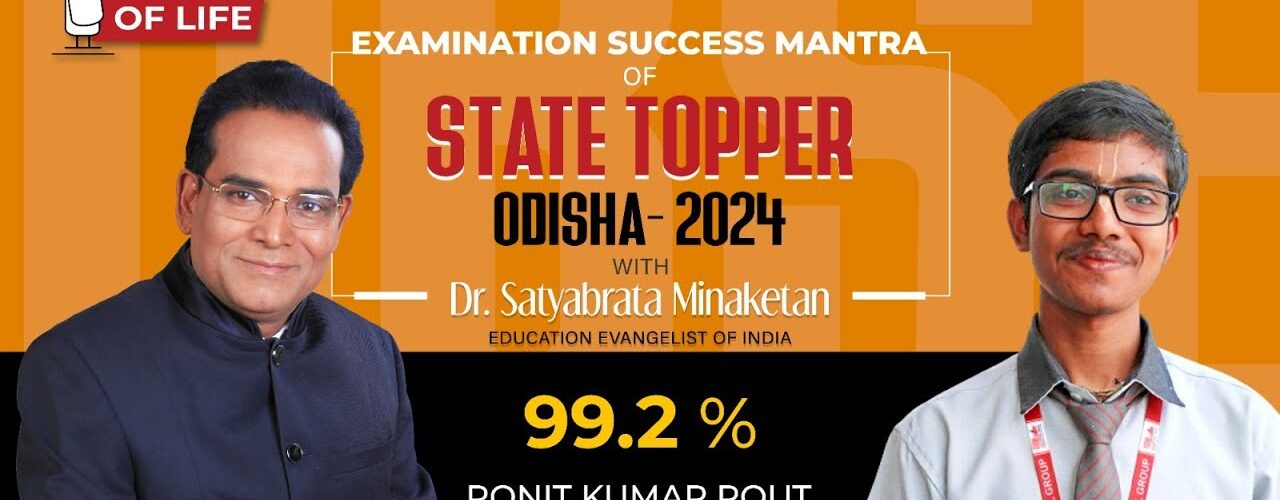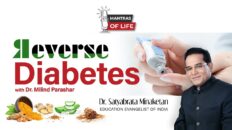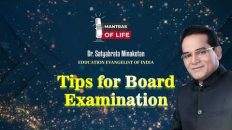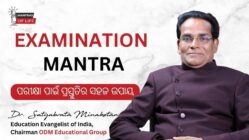In the high-stakes world of board examinations and competitive assessments, anxiety can be an opponent. As educators and student motivational speakers who work with students regularly observe, exam anxiety isn’t just an emotional hurdle—it’s a physiological response that can significantly impact performance. However, a holistic approach to learning and preparation can transform this challenge into an opportunity for growth.
The Science of Exam Stress
Research from various psychological sources indicates that moderate levels of stress can actually enhance cognitive function. However, when anxiety crosses into overwhelming territory, it triggers our fight-or-flight response, redirecting blood flow away from the brain’s prefrontal cortex—precisely where we need it most during exams. Motivational speakers for teachers and students alike emphasise that understanding the science behind exam stress can help individuals manage it more effectively, thus reducing its impact on performance.
Strategic Preparation: The Foundation of Confidence
Anxiety often stems from uncertainty. Various educational psychology studies found that students who engaged in structured, systematic preparation reported 40% lower anxiety levels compared to their peers who studied sporadically. Student motivational speakers often advocate for a more methodical approach to studying, as it gives students a sense of control and readiness.
Strategic learning involves:
- Breaking down complex subjects into manageable segments
- Utilising active recall techniques rather than passive review
- Incorporating spaced repetition to solidify knowledge retention
- Creating conceptual connections between different topics
By following these steps, students not only build a strong academic foundation but also reduce the feelings of anxiety that can emerge in exam environments. Motivational speakers for teachers can guide educators on how to foster these strategies in the classroom to better support their students’ mental health and academic success.
Mindfulness: Training the Mind for Peak Performance
Meditation isn’t just a wellness trend—it’s a scientifically validated exam preparation tool. Students practicing mindfulness meditation for just 10 minutes daily experienced an effective reduction in test anxiety while simultaneously improving working memory capacity. Student motivational speakers often highlight the importance of incorporating mindfulness practices into daily routines as part of exam preparation.
Begin with simple breathing exercises: inhale for four counts, hold for four, exhale for four. This balances your nervous system and centers your focus, helping students overcome their anxiety and perform their best.
Physical Wellbeing: The Often-Overlooked Factor
Your body and mind work in collaboration. Ensure you’re supporting cognitive function with:
- Nutrient-rich meals containing omega-3 fatty acids, which support brain function
- An energising breakfast on exam day, including complex carbohydrates and protein
- Adequate hydration—even mild dehydration can impair cognitive performance
- Regular exercise to boost both mood and memory consolidation
Physical wellbeing plays a significant role in academic performance. Motivational speakers for teachers frequently advise educators to support students not just academically, but holistically, helping them adopt healthy habits that foster overall wellness.
The Day of Reckoning: Practical Strategies
Arrive at the examination center early. This buffer time allows your nervous system to settle and prevents the additional stress of rushing. Studies show that students who arrive at least 30 minutes before exams demonstrate lower cortisol levels upon beginning their tests. Student motivational speakers often suggest that arriving early and preparing mentally before the exam can create a calm and focused state of mind.
Expectation Management: Reframing Success
Perfect performances are rare. Instead of aiming for perfection, focus on demonstrating your knowledge effectively. Remember that exams are opportunities to showcase your learning, not definitive judgments of your worth or intelligence. Motivational speakers for teachers often encourage educators to instill this mindset in their students, helping them understand that success in exams doesn’t require perfection, but a demonstration of effort and knowledge.
Creating a Holistic Learning Environment
True exam preparedness emerges from environments that nurture comprehensive development. This includes:
- Supportive social connections that provide emotional scaffolding
- Open communication with teachers and mentors about concerns
- Balancing academic rigor with personal interests and relaxation
- Celebrating progress, not just outcomes
When we approach education as a holistic journey rather than a series of high-pressure events, we transform anxiety from an obstacle into a stepping stone. By integrating strategic learning, mindfulness practices, physical wellbeing, and realistic expectations, students can navigate even the most challenging academic waters with confidence and clarity.
As the “Mantras of Life” remind us: “Exams test knowledge at a moment in time—they don’t define your potential or determine your future.” With holistic preparation, you’re not just ready for the test—you’re ready for whatever comes next. The words of motivational speakers for teachers can inspire educators to create environments where students feel empowered to approach their exams with a sense of calm and resilience, knowing that they are prepared for success, no matter the outcome.









I found this article really useful and engaging. The site always provides high-quality and valuable content.
Very good
Awesome
Awesome